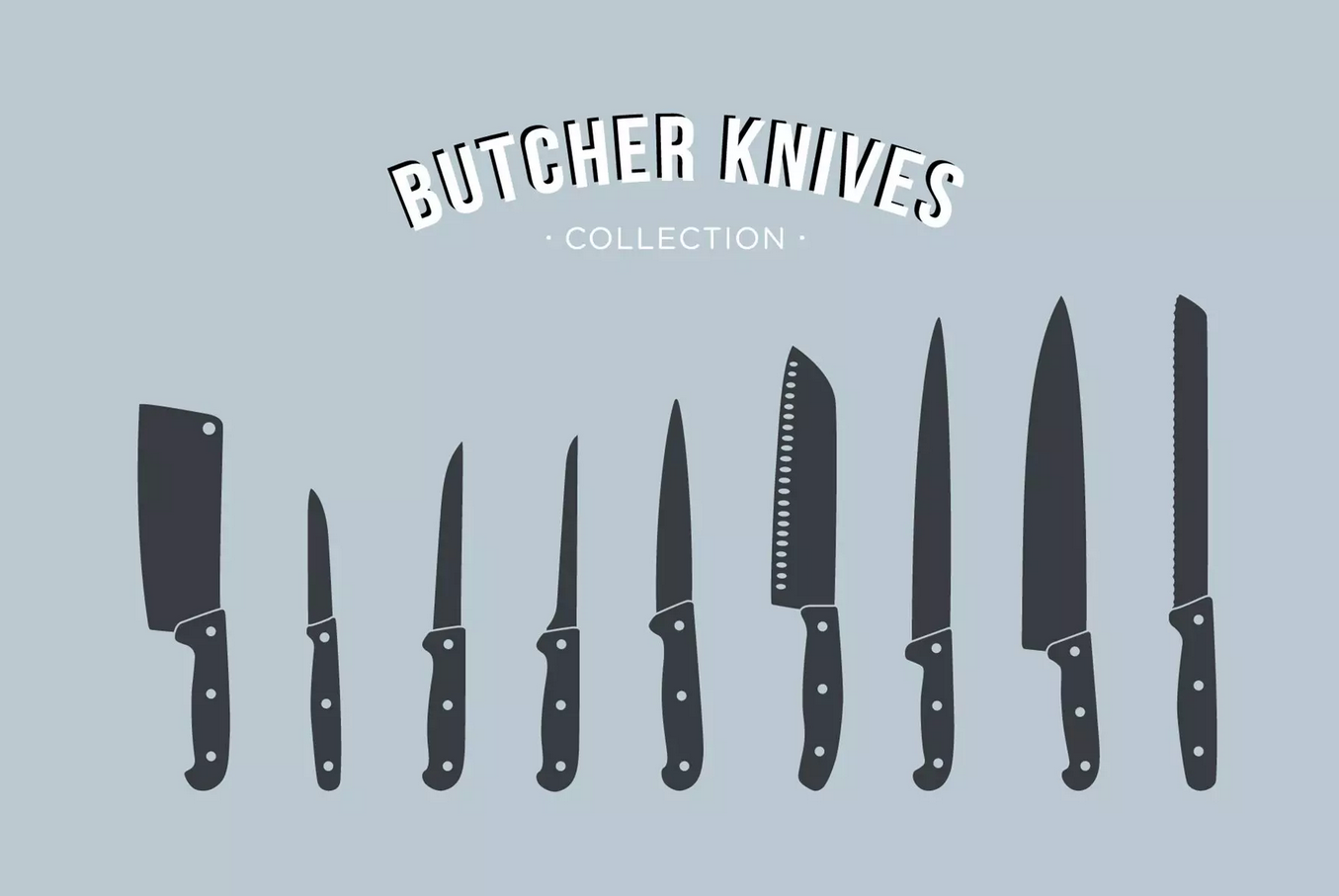Surgical scissors are a vital component in medical procedures, and their manufacturing requires precision, quality, and adherence to stringent standards. Pakistan is emerging as a significant player in the production of surgical instruments, with a growing number of manufacturers striving to meet global demands. If you’re considering entering this industry or improving your existing operations, here are five easy steps to help you develop a successful Surgical Scissors Manufacturers in Pakistan plant.
Step 1: Market Research and Analysis
Before embarking on your manufacturing journey, thorough market research and analysis are essential.
Understanding Market Demand
Identifying the demand for surgical scissors in both domestic and international markets is crucial. Analyze current trends, potential growth areas, and specific customer needs. This understanding will help you tailor your product offerings and align your manufacturing capacity with market expectations.
Identifying Competitors
Investigate your rivals to learn about their advantages and disadvantages. Examine their market positioning, pricing policies, and range of products. You can use this knowledge to inform your own strategic choices and spot areas where you can set yourself apart.
Step 2: Establishing Quality Standards
Quality is paramount in the manufacturing of surgical instruments.
Importance of Quality in Medical Tools
High-quality surgical scissors are essential for patient safety and effective medical procedures. Substandard tools can lead to complications and damage your reputation. From the beginning, ensuring excellent quality should be the main concern.
Certification and Compliance
Achieving certifications such as ISO 13485 (Medical Devices Quality Management Systems) and CE marking (for European market compliance) is crucial. These certifications demonstrate your commitment to quality and open doors to international markets.
Step 3: Sourcing Raw Materials and Technology
Reliable raw materials and advanced technology are the backbone of a successful manufacturing operation.
Finding Reliable Suppliers
Establish relationships with trustworthy suppliers who provide high-quality materials. Surgical scissors require specific grades of stainless steel to ensure durability and precision. Consistent quality in raw materials leads to consistent quality in the final product.
Investing in the Latest Technology
The most recent production technology improves accuracy and efficiency. Automated machinery, laser cutting, and CNC machining can significantly improve production processes, reduce waste, and maintain high standards.
Step 4: Building a Skilled Workforce
A skilled workforce is vital for producing high-quality surgical scissors.
Importance of Skilled Labor
Skilled workers are essential for handling complex manufacturing processes and maintaining quality standards. Their expertise ensures that your products meet both industry and customer expectations.
Training and Development Programs
To improve the abilities of your personnel, make an investment in ongoing training and development initiatives. Offering apprenticeships and workshops can attract talent and keep your team up-to-date with the latest techniques and technologies.
Step 5: Marketing and Distribution Strategy
An effective marketing and distribution strategy ensures your products reach the right customers.
Developing a Strong Brand Presence
Creating a strong brand identity sets you apart from competitors. Invest in professional branding, packaging, and marketing materials to convey the quality and reliability of your products.
Choosing Effective Distribution Channels
Distribution methods should be chosen with your target market in mind. Whether it’s partnering with medical supply companies, selling directly to hospitals, or utilizing online platforms, a well-defined distribution strategy maximizes your market reach.
Ensuring Sustainability and Innovation
Incorporating sustainable practices and fostering innovation are key to long-term success.
Incorporating Sustainable Practices
Sustainability is becoming increasingly important in manufacturing. Implement eco-friendly practices such as recycling, reducing energy consumption, and minimizing waste to appeal to environmentally conscious consumers.
Encouraging Continuous Improvement
Encourage a continual improvement culture in your company. Regularly evaluate your processes, seek customer feedback, and stay informed about industry advancements to remain competitive.
Overcoming Challenges in the Industry
Every industry faces challenges, and surgical scissors manufacturing is no exception.
Common Obstacles and Solutions
Challenges such as fluctuating raw material prices, regulatory changes, and intense competition can impact your business. Develop strategies to mitigate these risks, such as diversifying suppliers, staying informed about regulations, and investing in innovation.
Adapting to Market Changes
The medical industry is constantly evolving. Stay agile and adaptable to market changes by continuously updating your product offerings and staying informed about new technologies and trends.
Future Trends in Surgical Instruments Manufacturing
Keeping up with industry developments is crucial to keeping a competitive advantage.
Technological Advancements
Advancements in technology, such as 3D printing and robotics, are transforming the manufacturing landscape. Embracing these innovations can improve efficiency and product quality.
Evolving Industry Standards
Industry standards are constantly changing to enhance patient safety and product quality. Stay informed about these changes and ensure your products comply with the latest regulations.
Conclusion
Building a successful surgical scissors manufacturing plant in Pakistan involves a combination of thorough market research, quality standards, skilled labor, effective marketing, and sustainability. By following these five easy steps, you can position your business for success in a competitive industry. With dedication and innovation, you can contribute to the growth of Pakistan’s surgical instruments manufacturing sector and meet the demands of a global market.
FAQs
Q1: What certifications are important for surgical scissors manufacturing?
A: ISO 13485 and CE marking are crucial for demonstrating quality and compliance with international standards.
Q2: How can I ensure the quality of raw materials?
A: Establish relationships with reliable suppliers and conduct regular quality checks on incoming materials.
Q3: What role does technology play in manufacturing surgical scissors?
A: Advanced technology enhances precision, efficiency, and consistency in production processes.
Q4: How can I differentiate my products from competitors?
A: Focus on quality, branding, and customer service to create a unique value proposition.
Q5: What are some sustainable practices for manufacturing?
A: Implement recycling, energy reduction, and waste minimization strategies to enhance sustainability.

